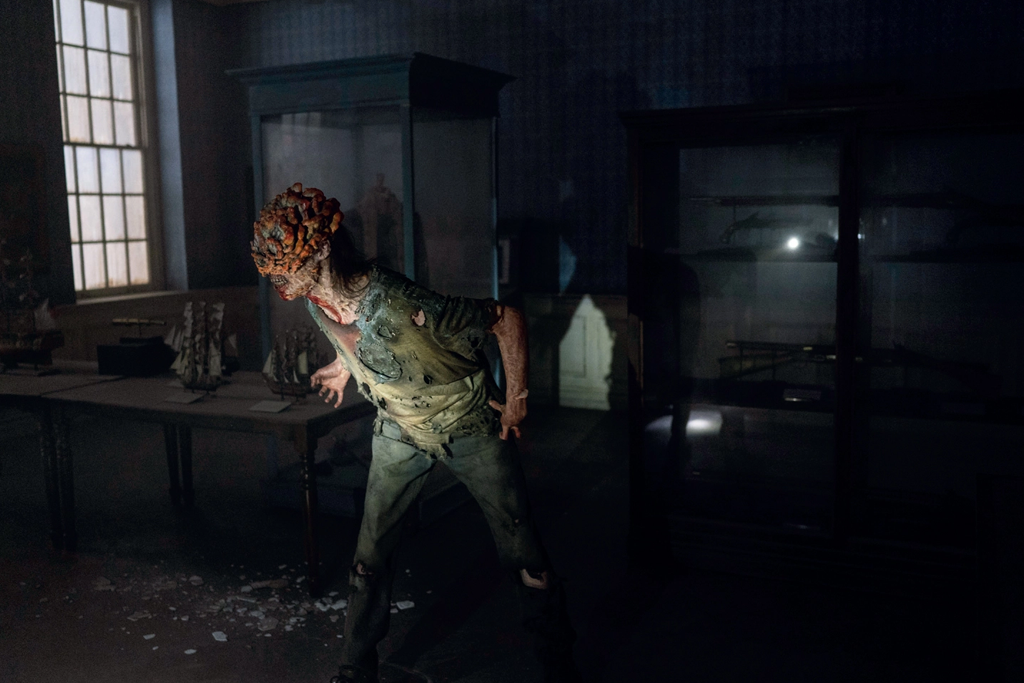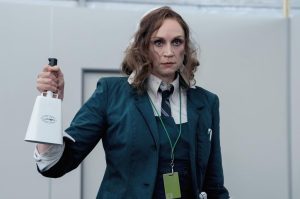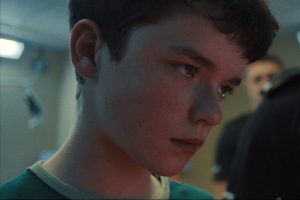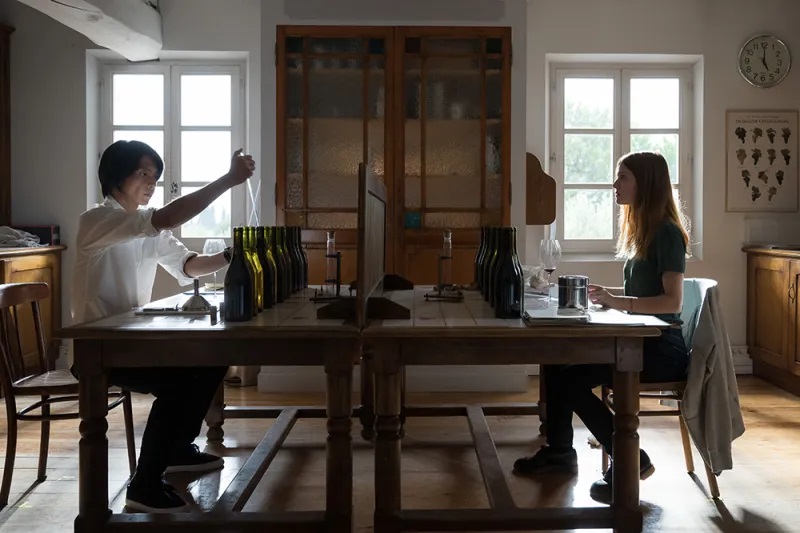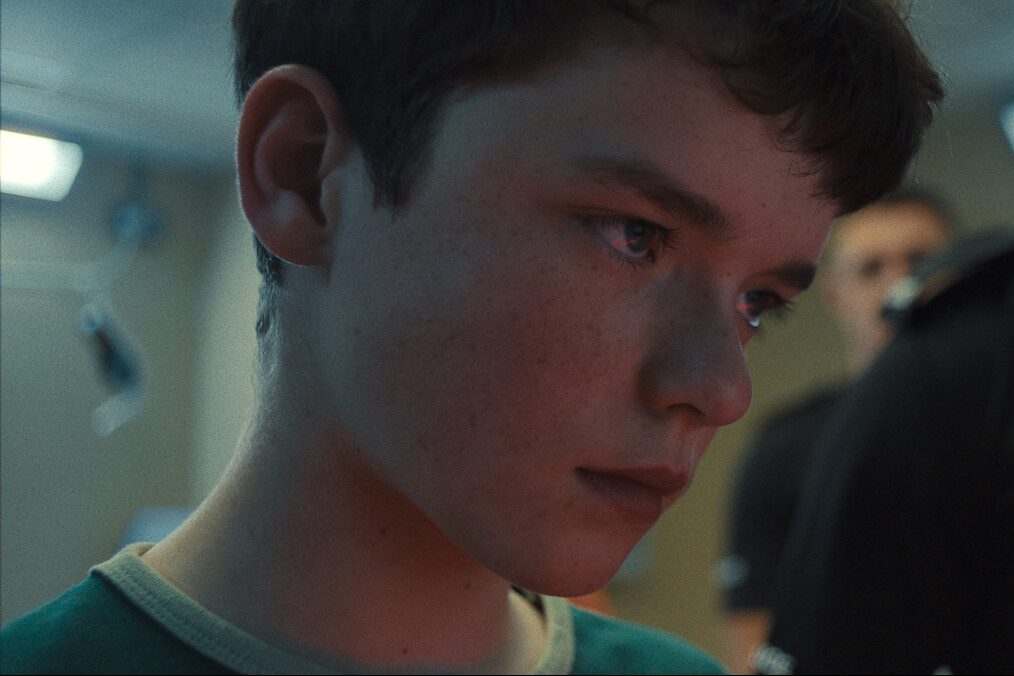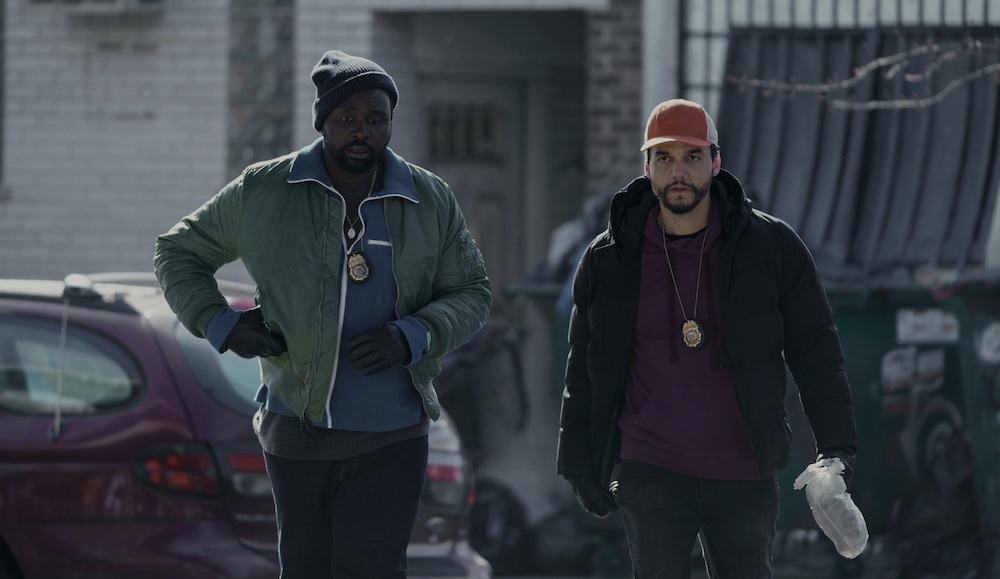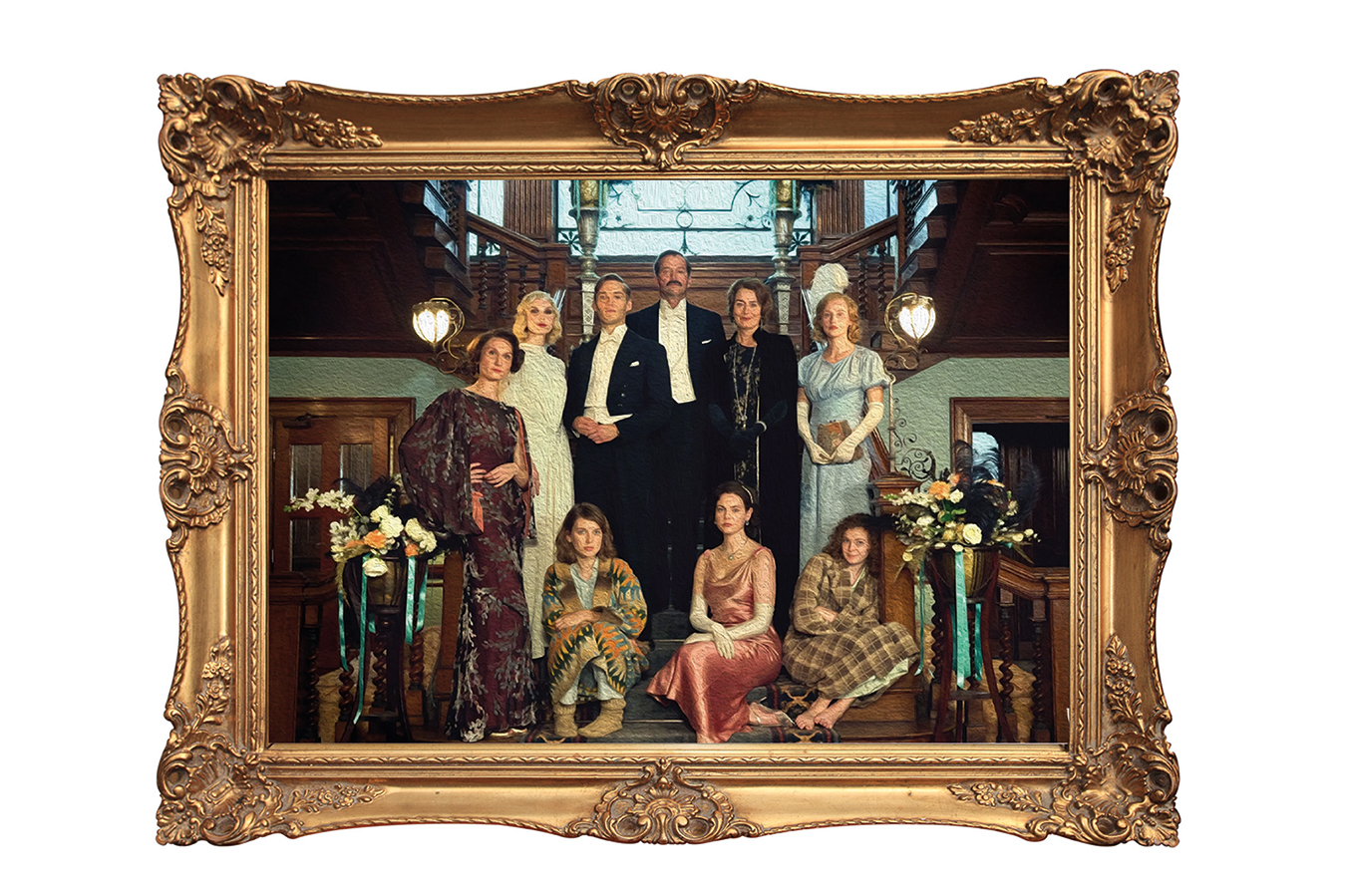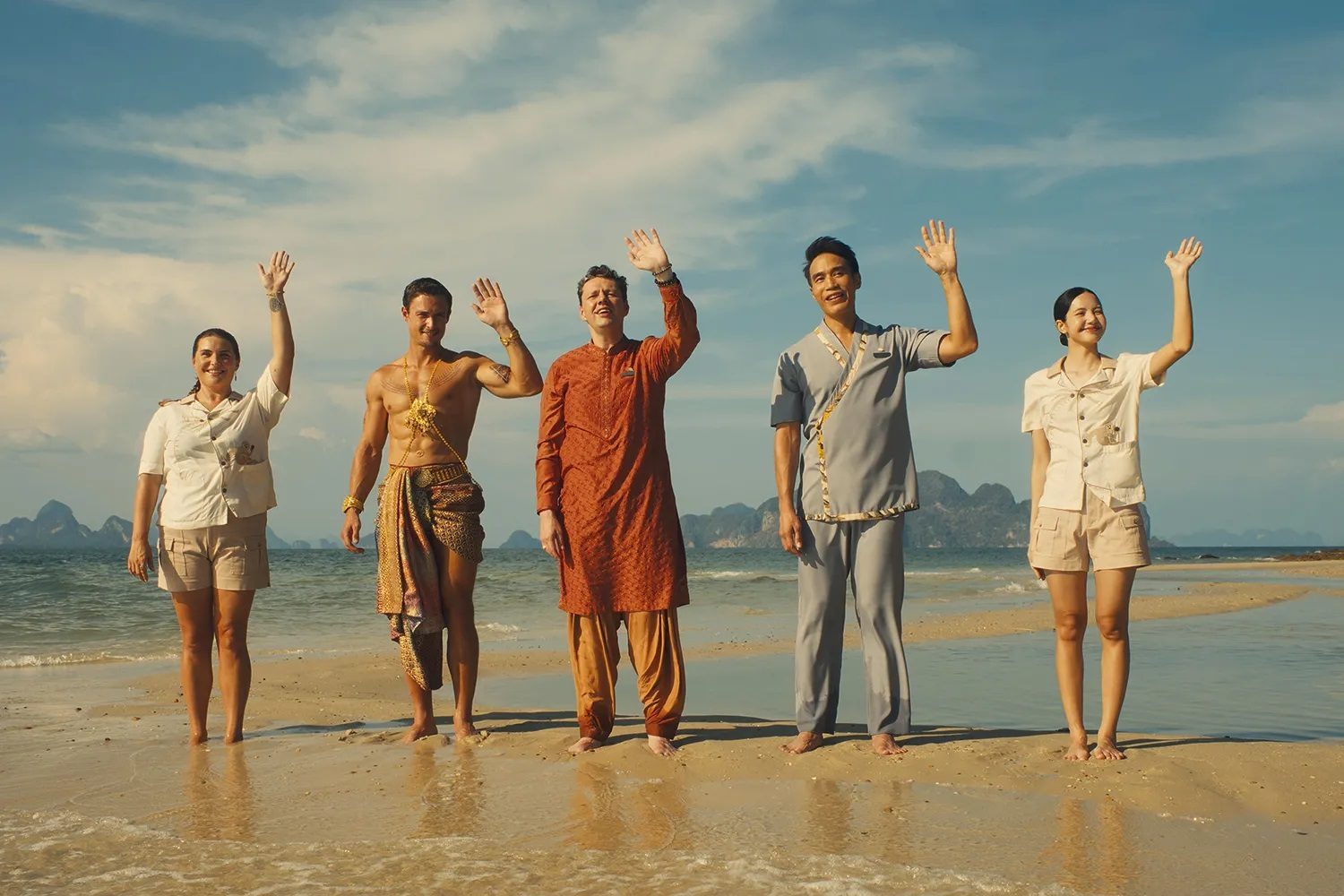The Last of Us is widely being hailed as the best video game adaptation ever. Maybe. But it’s still a video game adaptation. On one of the early levels, for example, you have to escape from a zombie apocalypse that has broken out in Houston, with your truck and your guns, being careful also to avoid the military authorities who will shoot you on sight. Later, your mission is to climb through some sewers, up a ladder and into the hidden entrance of an apartment complex to retrieve the car battery you need to effect your escape from the dystopian hellhole that is post-apocalypse Boston.
Instead of a virus, the deadly, world-changing threat is a fungus. And instead of zombies, the ever-present stalking menace are cannibalistic dead humans who’ve been brought back to life by the tendrilly horror of the fungal mycelia, a bit like those ants in the jungle that get hijacked and then devoured from within by the Ophiocordyceps unilateralis fungus. Naturally, as is always case in these scenarios, the only thing more dangerous than the zombies are the few surviving humans who mostly turn into either thieving, murderous scumbags or bully boys for the inevitable new fascist regime.
So we’ve been here before, an awful lot, from Invasion of the Body Snatchers and The Walking Dead to To the Lake. I don’t mind the clichés, not remotely, because I do love a good apocalypse. What I’m worried about — I’ve just finished episode two — is whether there’s going to be quite enough human interest and unpredictability to keep me watching to the series end.
On the plus side, the male lead is played by Pedro Pascal, the impossible-not-to-like Chilean-American actor (the Red Viper in Game of Thrones; the DEA agent Javier Pena in Narcos), who does such a nice line in rugged yet warm heroes. And Bella Ramsey is not too annoying either as the other main character, Ellie, the fourteen-year-old whom he must semi-reluctantly escort across what’s left of America because it turns out she’s the one — the only person with natural immunity to these fungi and therefore humanity’s last hope.
Also, it has been lovingly put together with an evidently decent budget by a top creative team, Neil Druckmann (who designed the video game) and Craig Mazin (who created the atmospheric Chernobyl). The ruined cityscapes are jawdroppingly realized; the set pieces, such as the one where all the apparently dead humans in a city are triggered by a mycelial messaging system to rise up and attack simultaneously, are scary and spectacular. A lot of thought and effort, clearly, has gone into making this is as classy as can be.
This is most obvious in the opening segments of each episode, which provide the backstory to the outbreak. In one, an amusingly recreated 1960s discussion program, with its arch, smirking host and his slightly awkward boffin guests, predicts that if ever the fungi take over it will be the end of civilization. In another, it’s 2003 and an elegant Indonesian professor of mycology is interrupted by police at her favorite lunch spot and driven urgently to a lab to examine the corpse of one of the fungi’s first victims. Any apocalypse movie classic would have been proud to have one of these lovingly realized, exquisitely tension-building intros.
But the problem is, it can’t sustain it because it’s constrained by its origins. Every time it attempts to spread its wings and become something more ambitious, epic, arthouse, different, it suddenly remembers that there are these player characters (with no real personality: they’re just vessels for a set of perfunctory attributes) who it has to manipulate through a variety of preset scenarios that involve missions, accumulating kit, battling it out with bosses and the usual gamer stuff. I’m not knocking video games; I’d play them myself if I had the time and I know that The Last of Us is reputedly one of the best. Still, again, it’s a video game.
Fauda is back for a fourth season and for a brief moment I feared it had lost its mojo completely, resorting to tired old tropes so painfully familiar it was like watching the first series all over again. But this, I realized, was because when I pressed on the Netflix Fauda button, it took me, by mistake, straight back to season one (2015 when, as I should have noticed, hero Doron — Lior Raz — was quite a bit slimmer).
This Israeli undercover anti-terror operatives-vs-jihadists drama (as popular, apparently, with Palestinians as with Israelis) remains at the top of its game. The storylines are gripping, the action scenes thrilling, but maybe most importantly of all, Doron and his team are so well-drawn and well-acted you become emotionally involved with their adventures, regardless of what side of the geopolitical divide you may be on in real life.
This article was originally published in The Spectator’s UK magazine. Subscribe to the World edition here.



